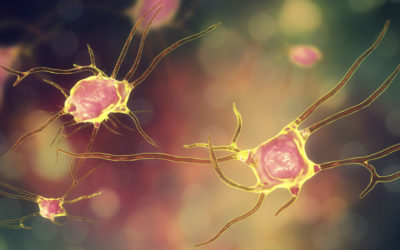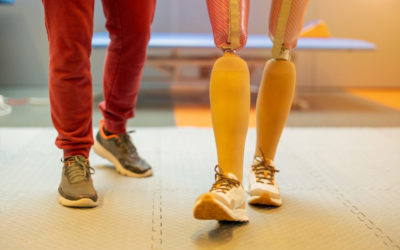 In an age where it appears that many people are vying for self-esteem especially through social media, this research is interesting. Particularly in business contexts where cooperation is king.
In an age where it appears that many people are vying for self-esteem especially through social media, this research is interesting. Particularly in business contexts where cooperation is king.
Research has previously shown that appearing to be wealthy increases others’ perceptions of intelligence and competence – yep that is right. So, we may assume that increasing the perception of wealth – or socio-economic status as the researchers like to call it – may benefit you in many ways particularly in the business world.
However, this research lead by Shalena Srna, PhD of Michigan’s Ross School of Business conducted a series of experiments (six in total) exploring people’s attitudes to shows of wealth in social media posts. In the first, carefully constructed posts with the same content but with differing content on status symbols of wealth were added. Those with higher status symbols were less likely to be selected to be a part of a cooperative group. They were also considered more self-interested and selfish – obviously not good for a cooperative group.
In another experiment participants were asked to dress for a social profile post and were given a selection of clothing including expensive brands – those that were told they were trying to be selected to be part of a cooperative group intuitively chose not to wear the expensive brand clothing. This suggests that we are instinctively attuned to this aspect of status and cooperation.
So, the key take way is that we are finely attuned to status and with this comes a set of assumptions, in certain circumstances this may be positive but in other it may be negative. When it comes to cooperative teams – essential in business, it may be best to appear, and be, more modest
Reference:
Shalena Srna, Alixandra Barasch, Deborah A. Small.
On the value of modesty: How signals of status undermine cooperation..
Journal of Personality and Social Psychology, 2022
DOI: 10.1037/pspa0000303
More Quick Hits
Correcting Others Improves Group Learning
Some interesting and counter-intuitive insights into effective group learning…
Air Pollution In Childhood Changes Brain Structure
Recent research has shown some worrying impacts of pollution on the brain…
Think Like a Kid to Learn Better?
Think like a kid may sound like a good piece of advice – but with some interesting twists…
Those Who Distrust Humans, Trust AI
We probably all know someone who is extremely distrustful of fellow human beings…
Watching TV With Your Child Can Help Cognitive Development
This is another study to show that there is no quick and easy answer to the question of screen time and children…
How Fear Gets Stuck in (Some) Brains
Fear is an important human emotion and essential to survival so not to be underestimated…
Your Brain Switches Between Remembering and Learning
Learning and memory are key functions of the brain and ones that attract a lot of attention and research…
How Daily Rhythms Help Your Brain Grow After Injury
Always nice to know that you brain can grow – and it is still met with surprise when I explain how this can happen…
The Seven Habits to Reduce Dementia
We would all like to age well remaining cognitively active into older and old age. I have reported multiple times…
Mind Over Matter – Regaining Movement
This is the type of study and insight I like. Kind of amazingly simple but effective










